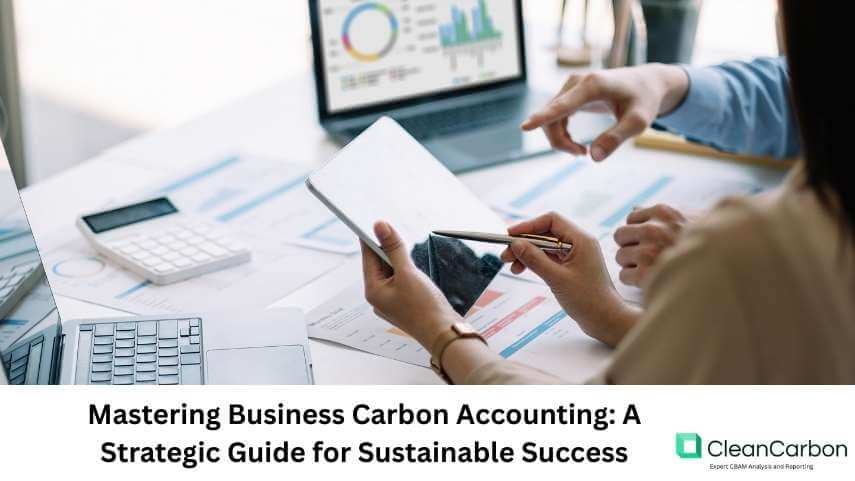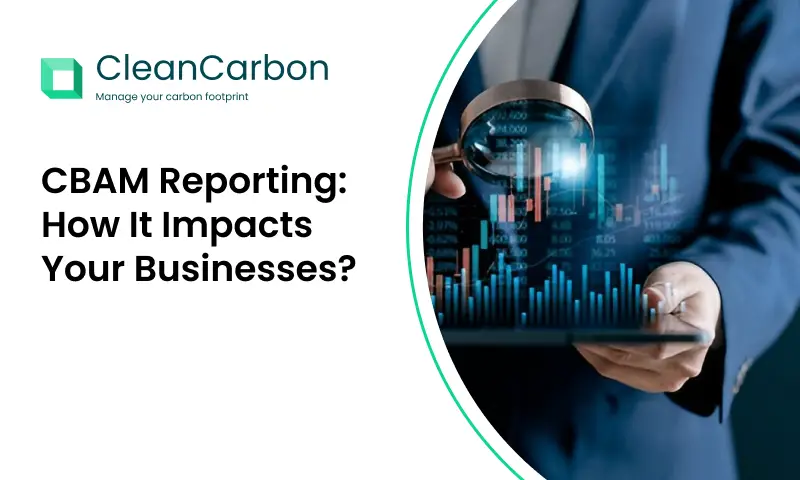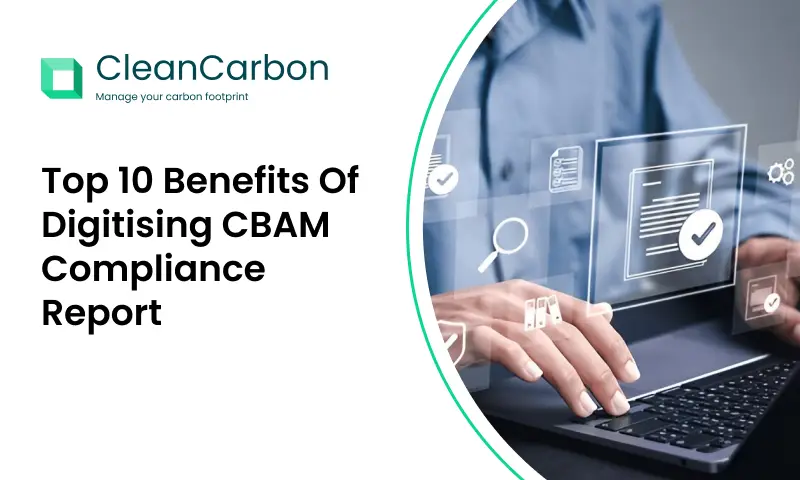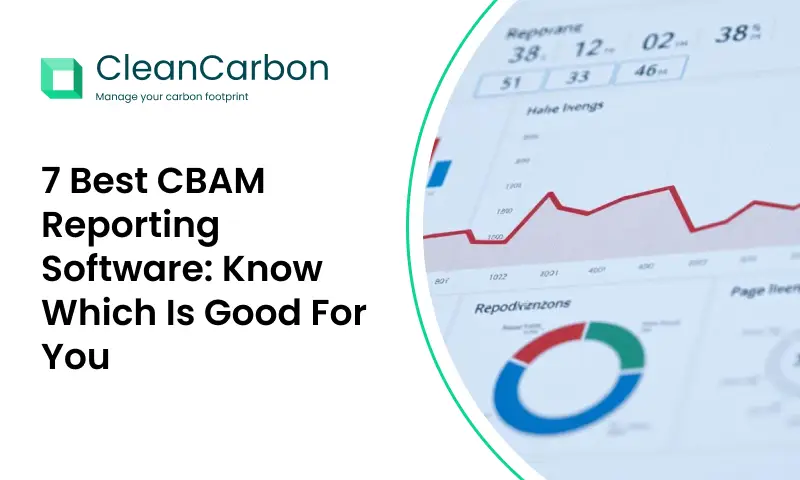Business carbon accounting is the systematic process of monitoring, managing, and minimizing the emission of greenhouse gases (GHG) that are associated with a company’s operations. It is the focus of business sustainability plans since it provides information on environmental impacts and potential mitigation options. It has to be performed correctly in order to support regulatory compliance, corporate reputation enhancement, and business optimization.
Importance of Carbon Accounting in Business
With increased worldwide attention to sustainability, carbon accounting is no longer optional but obligatory. This enables companies to find their carbon footprint, devise methods of curbing emissions, and sell themselves with net-zero initiatives. Companies that have effective carbon accounting policies are provided with a competitive edge through transparency, stakeholder engagement, and compliance with future environmental regulation.
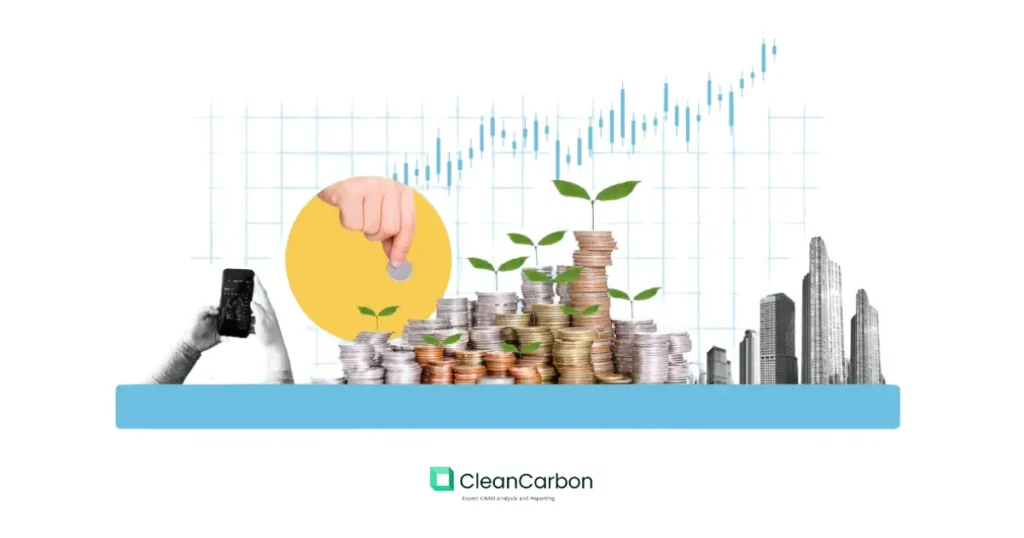
Key Elements
Data Gathering and Consolidation
Accurate carbon accounting starts with broad data collection. Companies require gathering data on energy consumption, transportation, waste generation, and supply chain management. Aggregation of such data in a master system enhances accuracy and ease of monitoring in real-time. Carbon accounting software avoids tedium by using automated data entry and providing enormous insights.
Accurate Accounting Approach
Some of the estimation techniques of carbon emissions are:
Spend-Based Method: Allocated based on monetary spend on a good or service.
Activity-Based Method: Estimates emissions on the basis of actual activity, such as fuel consumption or miles traveled.
Hybrid Method: A blend of both methods to yield more accurate results.
Depending on business activity, availability of data, and industry requirement, the method employed varies.
Conformity with Global Standards
To be credible, companies have to adhere to prevailing carbon accounting principles such as the Greenhouse Gas (GHG) Protocol or ISO 14064. Such principles lay out well-formulated methods of measuring, managing, and reporting emissions that enhance comparability and transparency.
Ongoing Monitoring and Reporting
Emission monitoring on a continuous basis is needed for measuring progress toward sustainability goals. Mechanisms for regular reporting need to be established by firms and computer-based dashboards used to show data trends graphically. Effectiveness monitoring helps in making in-time adjustments and promotes environment law compliance.
Overcoming Carbon Accounting Barriers
Achieving Data Accuracy
Inaccurate or missing data jeopardize carbon accounting. Firms must have strong checks on data and invite suppliers in order to have accurate emissions data. Third-party certification and internal verification increase credibility and reliability.
Management of Scope 3 Emissions
Scope 3 emissions, as indirect supply chain emissions, will likely to be the largest share of a company’s carbon footprint. For gaining high-quality data and reduction efforts, companies need to engage with suppliers and customers. Green procurement and value chain analysis can minimize Scope 3 emissions to a great extent.
Moving towards Regulatory Shifts
Environmental regulations continue to evolve, and firms must keep abreast and adjust their carbon accounting processes in tandem. Firms must monitor policy updates, participate in industry discussions, and include regulatory changes within their sustainability functions to remain aligned and forward-looking.
Use of Technology in Carbon Accounting
Technological innovation has revolutionized carbon accounting. With the help of carbon management software, businesses are able to gather data very accurately, analyze it in real-time, and create sophisticated reports. Even machine learning and AI improve forecasting capabilities to enable businesses to develop improved emission-reduction plans.
Case Studies
Manufacturing Industry
One of the leaders in the industry used a hybrid carbon accounting strategy, combining finance-based and activity-based methods. Using advanced carbon monitoring technology and GHG Protocol certification, the company reduced emissions by 20% within three years, demonstrating that technology-driven sustainability programs pay dividends.
Retail Sector
One global retailer answered Scope 3 emissions by engaging suppliers in data accuracy improvement and the incorporation of energy-efficient logistics solutions. The project saved significant carbon footprint with the improvement of supplier relationships and corporate reputation.
Future Business Carbon Accounting Trends
Financial Reporting Integration
Carbon accounting is now entering its rightful place in financial reports as it is taking a very leading role in the measurement of corporate performance. Investors and stakeholders are looking at sustainability metrics of highest priority, including financial, and this is driving companies to include in finance reports.
Better Standardization
Efforts towards standardizing carbon accounting processes across sectors are gaining momentum. Companies employing standardized report templates will enjoy greater comparability, simpler compliance, and better stakeholder confidence.
Carbon offsetting emphasis
While emissions reduction is still the emphasis, companies are also experimenting with carbon offsetting programs, for example, in clean energy initiatives or afforestation schemes. Offsetting is another method of minimizing environmental impact and achieving sustainability goals.
Conclusion
Attaining carbon accounting for business is a strategic imperative for organizations committed to environmental care, and long-term viability, as it is. This can be realized through the creation of effective carbon data collection practices, embracing global standards, technological application, and overcoming significant hurdles. This way, organizations can effectively manage their carbon footprint. As carbon accounting increasingly gains traction in business, innovative it will be a catalyst force for competitiveness and growth, and a step towards a sustainable world.
Read Also: CBAM certificates : Process, Requirements & Benefits

